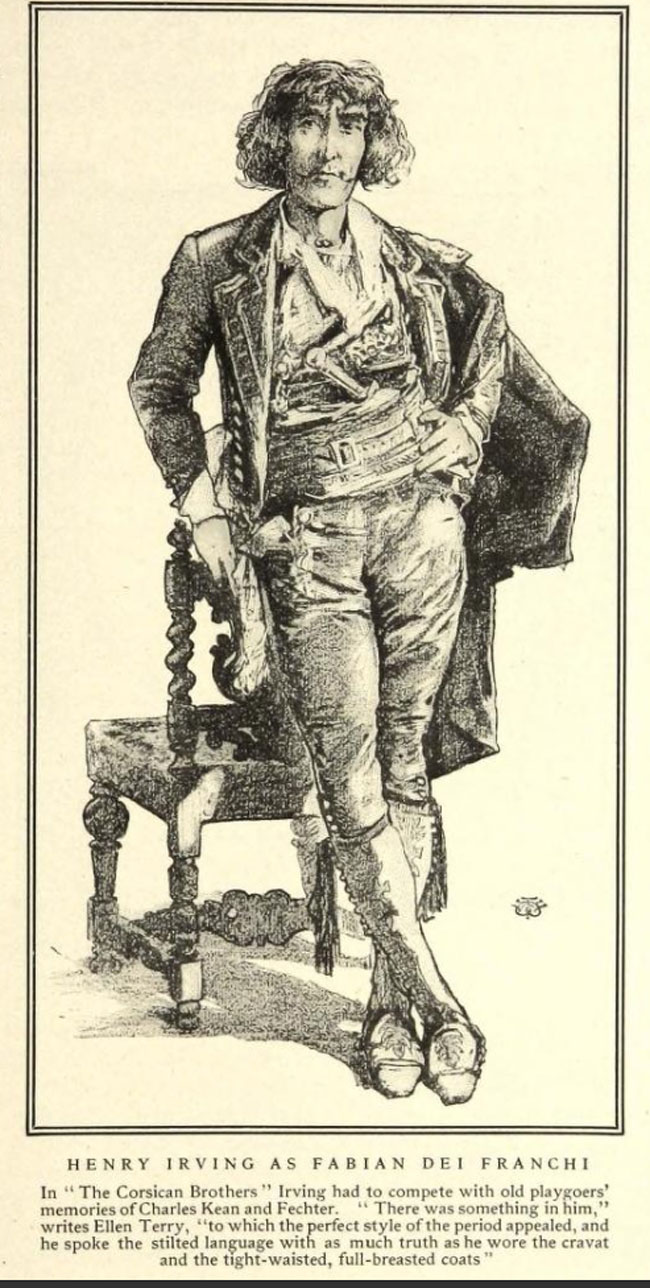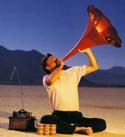|
By Doug Boilesen, 2023 The phonograph is referenced once in the February 1908 McClure's Magazine review of Irving Henry's performances titled "Great First Nights at the Lyceum" by Ellen Terry. Referencing a phonograph in any article is again not usually essential (unless it's part of the plot) but using it shows how the phonograph was understood to be part of daily life and popular culture. In this case the phonograph reference was also specifically expressing contemporary appreciation of the phonograph for its veracity and preservation of words. Edison identified those attributes in his 1878 "The Phonograph and its Future" article when he predicted that the phonograph will perserve what has been said by great men and family members" including "the last words of the dying member of the family." This idea that the phonograph could preserve actual voices from the past would also become an advertising theme as dramatically seen in a 1918 Victor Talking Machine ad headlined "Jenny Lind is only a memory, but voice of Melba can never die." Ellen Terry's reference to the phonograph is in the section where she is looking back at performances of Irving Henry at the Lyceum in his role of Fabian Dei Franchi in "The Corsican Brothers." At a supper celebrating its one hundredth performance Lord Houghton made some sarcastic remarks and Terry writes she wishes "that a phonograph had been in existence that night and that a record had been taken of the speech" which Irving made in response to Lord Houghton.
"Great First Nights at the Lyceum" by Ellen Terry, McClure's Magazine, February 1908, p. 497 "I wish that a
phonograph had been in existence that night and that a record had been
taken of the speech."
|


